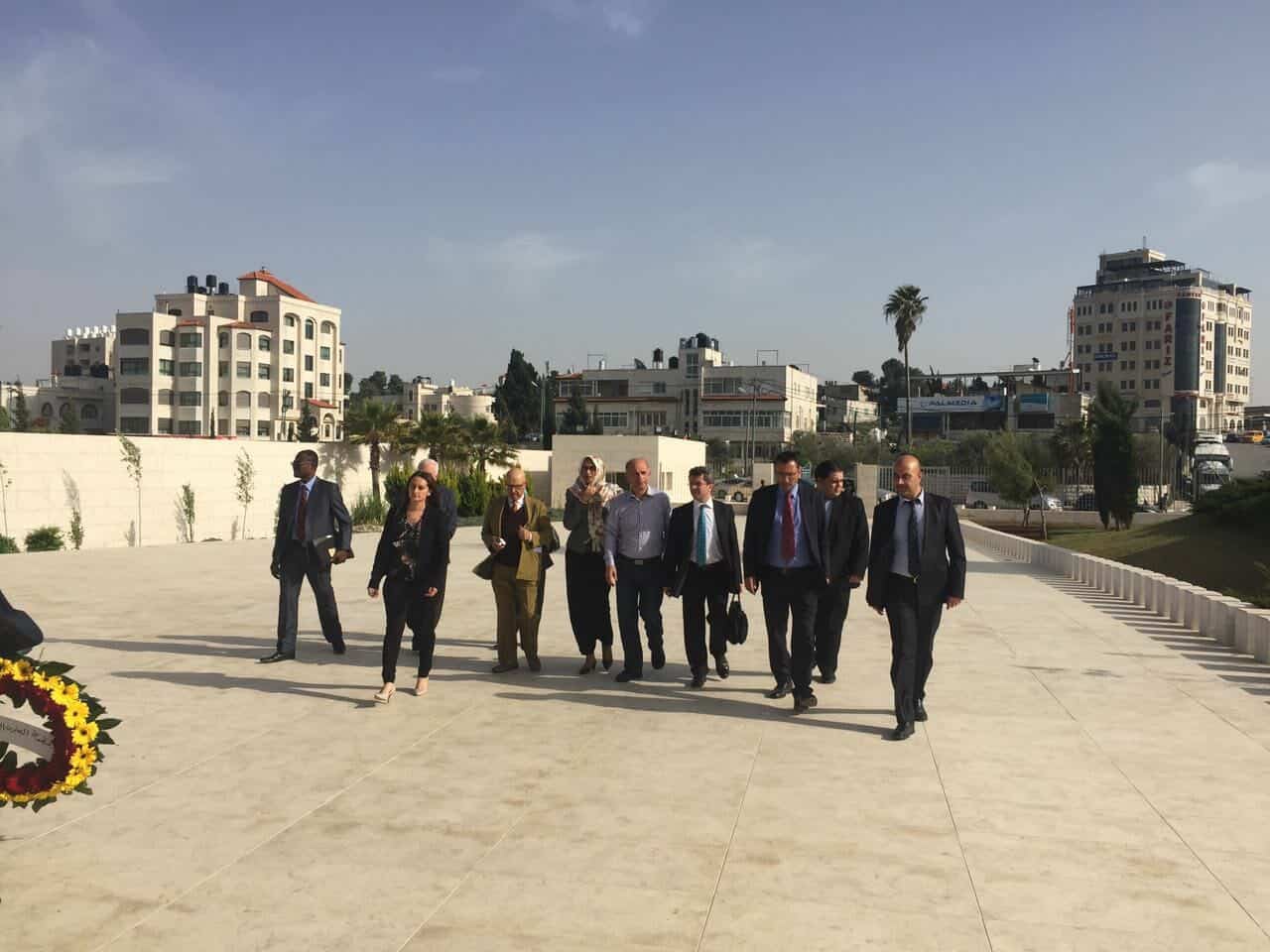DUBAI: Universal Islamic principles should form the basis for tackling world human rights issues in the wake of the coronavirus pandemic, a leading Muslim organization has said.
Members of the Organization of Islamic Cooperation’s (OIC) Independent Permanent Human Rights Commission (IPHRC) called upon member states to pool their efforts to address post-pandemic global challenges, local media reports said.
The members were addressing a meeting to coincide with the 10th anniversary of world Islamic Human Rights and Human Dignity Day.
Foreign occupation and oppression, hunger, preventable diseases, limited socioeconomic opportunities, and lack of access to basic needs were some of the issues that have undermined fundamental human rights in several millions of people around the world, the reports said citing the delegates.
The pandemic has worsened the existing global human rights situation such as by doubling the number of people facing food crises, and children losing access to basic education and health services, they added.
They stressed that the conceptual foundation of human rights in Islam placed a strong emphasis on the inherent dignity of human beings and their equality before the law, in harmony with universal human rights principles.
Member countries were urged to work alongside regional and international stakeholders to devise practical human rights-based, people-centered policies to help improve lives.
IPHRC members recommended that all states should cooperate with their political, religious, and community leaders to promote a better understanding of universal human rights values, collectively deal with the underlying causes of racism and religious intolerance, including islamophobia, and ensure the maintenance of international peace and security.
Members highlighted a growing incidence of cases of hate speech, xenophobia, and racial and religious discrimination, issues they said were driving a wedge through multicultural societies and threatening global peace and security.
It also appealed to the international community to reinforce respect for diversity, multiculturalism, democracy, and the rule of law, which were at the core of human rights and fundamental freedoms, the media reports said.








